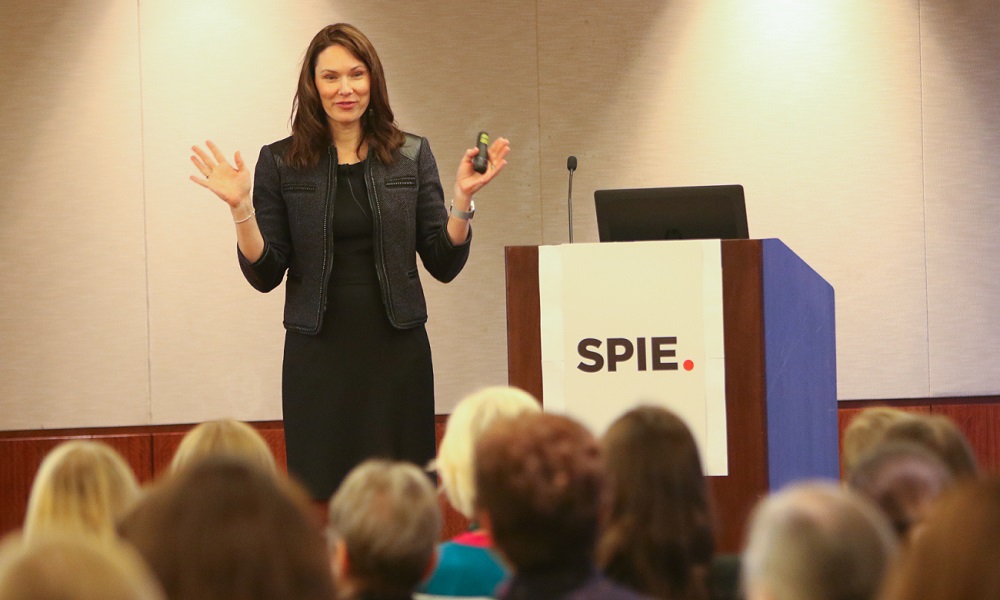Paper 13381-33
Advanced fabrication techniques for extremely large microoptics and complex optical fields (Invited Paper)
29 January 2025 • 8:00 AM - 8:30 AM PST | Moscone South, Room 155 (Upper Mezz)
Abstract
3D printed micro-optics has revolutionized medical imaging as well as sensor and AR/VR applications in the last decade. Two-photon polymerization lead to the fabrication of singlet and multiplet optical elements which included aspherical and non-rotational free-form elements, as well as a combination of diffractive and refractive elements.
Multiple materials with different dispersion properties allowed for achromatic performance, and 3d printed black polymers enabled aperture stops as well as absorptive hulls. Diffraction limited performance over a large field of view with complete suppression of 1st and 3rd order abberations as well as apochromatic properties for three different colors were made possible by two-photon direct laser written micro-optics, leading to wavefront aberrations as small as lambda/100.
In this contribution, we expand the performance parameters to very large optics in the range of up to 5mm as well as to more complex light fields, such as multiple foci. 3D printed elements take therefore a large step towards applications such as high-performance microscopy, trapping of multiple particles or atoms, in a variety of complex fields, on the tip of a single fiber.
Presenter
Harald Giessen
Univ. Stuttgart (Germany)
Harald Giessen (*1966) graduated from Kaiserslautern University with a diploma in Physics and obtained his M.S. and Ph.D. in Optical Sciences from the University of Arizona in 1995 as J.W. Fulbright scholar. After a postdoc at the Max Planck Institute for Solid State Research in Stuttgart he moved to Marburg as assistant professor. From 2001-2004, he was associate professor at the University of Bonn. Since 2005, he is full professor and holds the Chair for Ultrafast Nanooptics in the Department of Physics at the University of Stuttgart. He is also co-chair of the Stuttgart Center of Photonics Engineering, SCoPE.
In 2021, he was awarded the Gips-Schüle Research Prize for his pioneering work on 3D printed microoptics. He was awarded the 2024 Robert-Wichard-Pohl Prize of DPG for developing 3D printed microoptics. His research interests include Ultrafast Nano-Optics, Plasmonics, Active and Switchable Metamaterials, 3D Printed Micro-/Nano-Optics, and Medical Micro-Optics, and Endoscopy.


